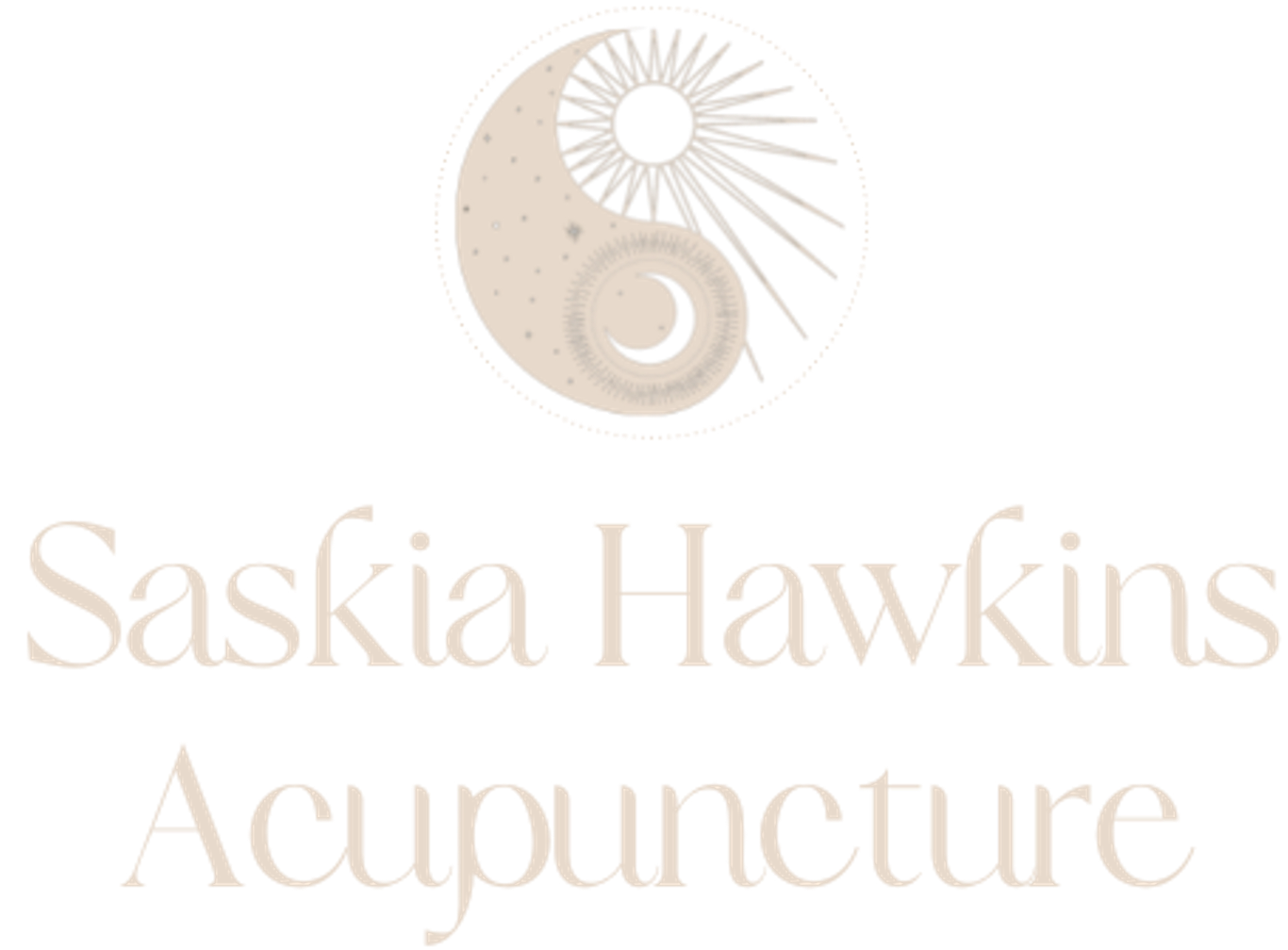Acupuncture: A Holistic Approach to Alleviating Stress and Anxiety
In a fast-paced world filled with daily challenges, stress and anxiety have become increasingly common. There are many types of anxiety disorders with symptoms and physical manifestations varying from heart palpitations, shortness of breath and feeling irritable, to panic attacks, insomnia and headaches.
Anxiety is generally treated using medication and therapy which can be hugely effective. Acupuncture however can be an excellent natural alternative or additional support along your journey to better mental health, effectively addressing not only the symptoms but also the underlying causes of anxiety.
Acupuncture as a Natural Option to Manage Anxiety
Acupuncture presents itself as a natural complement to conventional treatments for anxiety. Many clients I see are looking for alternatives to pharmaceutical interventions due to concerns about side effects or dependency. Acupuncture offers a non-invasive and medication-free option, making it appealing to those seeking holistic approaches to their mental wellbeing. Importantly, it can be integrated into existing treatment plans, working in conjunction with Western medicine.
Scientific Research Supporting Acupuncture for Anxiety
The efficacy of acupuncture in treating anxiety is supported by a growing body of scientific research. Numerous studies have demonstrated its ability to reduce symptoms of anxiety and promote relaxation. Evidence Based Acupuncture has written a comprehensive summary here. It includes a systematic review encompassing more than 400 randomised patients that concluded the effects of acupuncture in treating anxiety have been significant when compared to conventional treatments (1).
The most extensive of these studies, which involved 120 randomised patients, discovered that acupuncture had a significant effect on reducing anxiety and depression compared to conventional treatment involving pharmacological approaches and psychotherapy, resulting in over twice the reduction in symptoms (2).
How Does Acupuncture Support Anxiety
Acupuncture operates on the principle of restoring balance and harmony within the body. By stimulating specific acupuncture points, it regulates the flow of energy, or Qi, addressing imbalances that may contribute to anxiety. Additionally, there has been research on the effect acupuncture has on the release of endorphins and other neurotransmitters, which are associated with feelings of well-being and relaxation.
Supporting the Secondary Symptoms That Come With Anxiety
Beyond directly targeting anxiety symptoms, acupuncture addresses the root cause of them and the myriad of accompanying physical and emotional manifestations. From insomnia and muscle tension to digestive issues and irritability, anxiety often manifests in various forms throughout the body. Acupuncture provides holistic relief by addressing these secondary symptoms, giving a sense of equilibrium and restoring the body's innate ability to self-regulate.
Acupuncture’s ancient roots, coupled with modern research, underscore its effectiveness as a holistic therapy for mental health. By integrating with Western medicine and offering a natural alternative to medication, acupuncture provides a popular option for managing anxiety.
1. Goyata SL, Avelino CC, Santos SV, Souza Junior DI, Gurgel MD, Terra FS. Effects from acupuncture in treating anxiety: integrative review. Rev Bras Enferm. 2016 Jun;69(3):602-92. Arvidsdotter, T., Marklund, B., & Taft, C. (2013). Effects of an integrative treatment, therapeutic acupuncture and conventional treatment in alleviating psychological distress in primary care patients–a pragmatic randomized controlled trial. BMC Complementary and Alternative Medicine, 13(1), 308. http://doi.org/10.1186/1472-6882-13-308